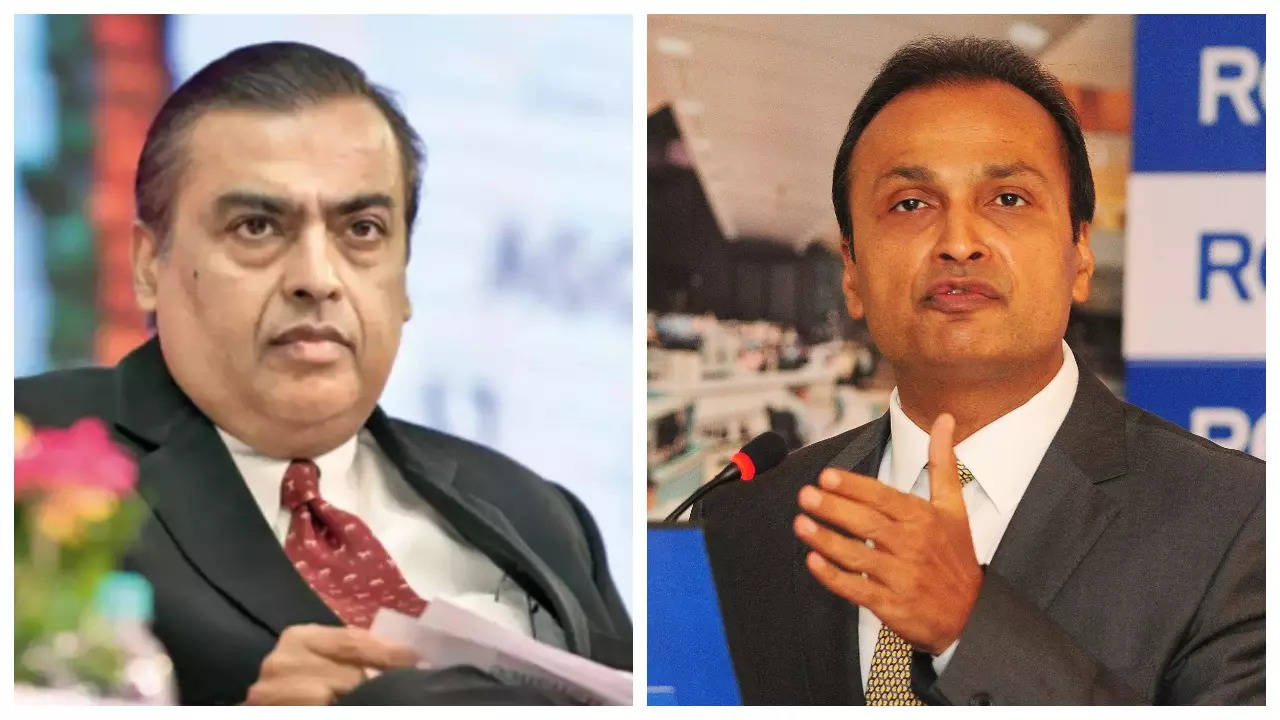The SAT held that RIL, including the Ambani brothers, had ‘not violated’ any part of the Sebi Substantial Acquisition of Shares and Takeovers (SAST) regulations. It said that Sebi’s imposition of the fine in 2021 was illegal. It added that it was liable to be quashed on grounds of delays that ’caused serious prejudice’ to RIL.
The SAT held that there was an ‘inordinate delay’ in the issuance of the show-cause notice by Sebi. The SAT noted that though Sebi found alleged violations by the RIL promoters in 2011, it took ‘nine long years to decide on the consent application’. The order under appeal came after 21 years of the alleged violation, said SAT. The bench of Justice Tarun Agarwala passed the order, allowing an appeal filed in 2021 by RIL, the Ambani brothers, and eight others. SAT’s verdict in favour of the RIL promoters meant that the ’23-year-old lingering matter has come to an end’.
The case relates to debentures with convertible warrants that RIL issued to its promoters in 1994. They were converted into 12 crore equity shares in 2000. Sebi issued a show-cause notice in 2011, alleging that RIL promoters were obligated to have made an open offer in January 2000 upon conversion of 12 crore warrants into equity shares. It imposed the penalty on RIL in 2021 for the alleged failure to make an open offer.
The SAT relied on a Bombay HC ruling that had held that a person who has acquired securities convertible into equity shares carrying voting rights prior to the 1994 SAST regulations is not an ‘acquirer’ and that the conversion of such securities into shares carrying voting rights is not an acquisition triggering a public announcement.
Hence, in the case of the acquisition of convertible securities such as warrants that entitle the holder to receive shares with voting rights, the SAT said that such obligation under SAST to make a public announcement for an open offer is ‘triggered at the time of acquisition of such convertible securities’.


